
Julie Rodman, OD, MS, FAAO, discusses how optical coherence tomography angiography (OCT-A) can be used to diagnose and manage diabetic retinopathy.

Julie Rodman, OD, MS, FAAO, discusses how optical coherence tomography angiography (OCT-A) can be used to diagnose and manage diabetic retinopathy.

Artificial intelligence, surgical innovations, and wearable technology are transforming eye care, enhancing patient outcomes and clinical efficiency, as discussed during the keynote presentation at the Southeastern Congress of Optometry (SECO) 2025.

I. Benjamin Gaddie, OD, FAAO, summarized the best forms of treating and managing demodex blepharitis.

Selective laser trabeculoplasty, artificial intelligence–driven diagnostics, and new drug delivery systems are transforming glaucoma care and improving patient outcomes, according to a panel of experts.

Julie Rodman, OD, MS, FAAO, previewed the Southeastern Educational Congress of Optometry (SECO) 2025 meeting by speaking about her keynote session.

Attendees can expect insights on advancements in glaucoma care, myopia management, dry eye treatments, emerging technologies, ocular disease myths, oral medications, the impact of obesity on ocular health, and more at the Southeastern Congress of Optometry (SECO) 2025.

The next-generation sequencing (NGS)–based AlloHeme test accurately predicted relapse following allogeneic hematopoietic stem cell transplantation (allo-HSCT) in acute myeloid leukemia (AML) and myelodysplastic syndromes (MDS).

Tanya B. Dorff, MD, medical oncologist and professor in City of Hope’s Department of Medical Oncology & Therapeutics Research, was a discussant for the TALAPRO-2 and STOPCAP trials at the opening session of ASCO GU.
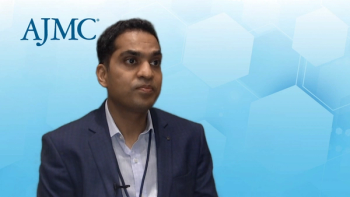
Eligibility issues, a need for better multidisciplinary collaboration, and a lack of incorporation in community practices are all barriers to the use of neoadjuvant chemotherapy followed by surgery for patients with primary urethral cancer, said Rohan Garje, MD.
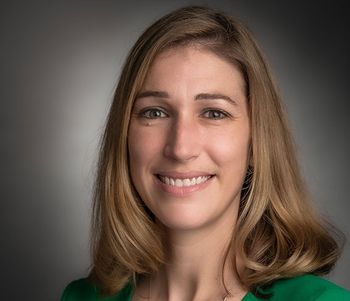
Accurate calculation of prostate-specific antigen doubling time can be crucial for prostate cancer treatment decisions but is often missed by doctors, impacting patient care.
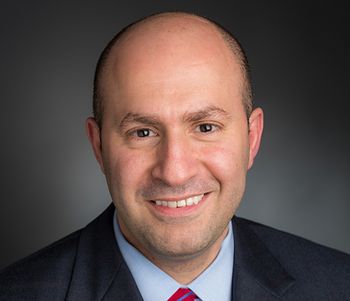
Casdatifan targets a transcription factor that binds with other proteins to switch off the body’s anti-inflammatory mechanisms, empowering genes that promote tumor growth in clear cell renal cell carcinoma (RCC).
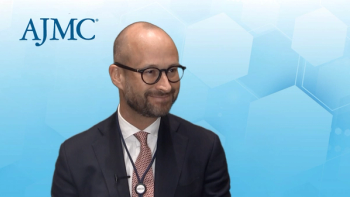
Real-world data confirmed the findings of JAVELIN Renal 101, supporting the combination of avelumab and axitinib in advanced renal cell carcinoma (RCC), said Axel Merseburger, MD, University Hospital Schleswig Holstein, Campus Lübeck, in Germany.
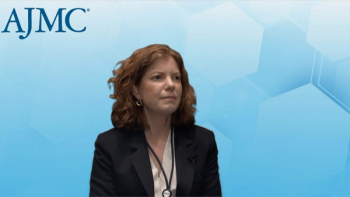
Patient-reported outcomes (PROs) were similar among those treated with tivozanib monotherapy and those given combination tivozanib and nivolumab in for renal cell carcinoma (RCC) in the TiNivo-2 study, according to a poster presented at the American Society of Clinical Oncology Genitourinary Cancers Symposium by Katy Beckermann, MD, PhD.

Regina Barragan-Carrillo, MD, a postdoctoral fellow at City of Hope Comprehensive Cancer Center, discussed findings that show 76% of renal cell carcinoma trials take place in wealthy countries, amid news that clinical trial access for the world's poor may become even more challenging.

Abstracts presented at the American Society of Clinical Oncology Genitourinary Cancers Symposium reflect the ongoing challenge with enrolling diverse patient populations in trials, despite stated goals.

Investigators from Shanghai, China, report responses above 90% by using levantinib and tislelizumab to treat patients with a form of renal cell carcinoma (RCC) driven by a mostly inherited mutation.

Presentations at the session on antibody drug conjugates covered targeting HER2 and novel combinations.

The lead investigator for EV-302 said not long ago, survival of 12 to 14 months in this type of bladder cancer was considered an achievement; in this study, median overall survival was 34 months after treatment with enfortumab vedotin (EV) and pembrolizumab (pembro).
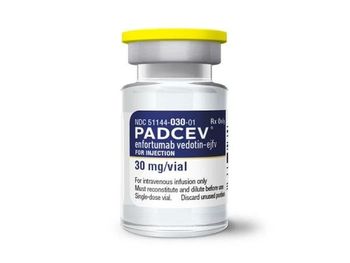
City of Hope's Salvador Jaime-Casas, MD, discusses a systematic review of recent trials examining objective response rate and adverse events of antibody-drug conjugate (ADC) combinations in advanced urothelial cancer.
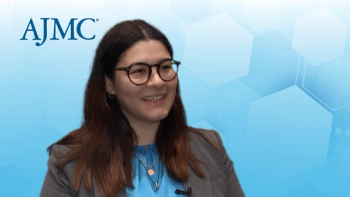
Enfortumab vedotin with or without pembrolizumab offers disease control benefits for patients with upper tract urothelial cancer, said Evangelia Vlachou, MD, of Johns Hopkins Medicine.
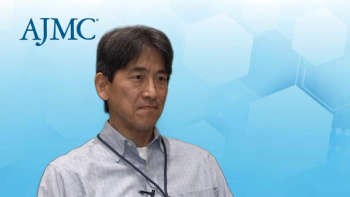
Adding 6 months of neoadjuvant deprivation therapy (NADT) doesn’t seem to add any benefit for patients with intermediate-risk prostate cancer treated with external-beam radiation therapy (EBRT), according to 15-year outcomes presented by Barry Goy, MD, of Kaiser Permanente.

The American Cancer Society's chief scientific officer outlines the group's research agenda, including a new project in prostate cancer.

Quality of life, treatment impact and duration, and the importance of individualized therapy are at the center of international research on androgen deprivation therapy (ADT) for prostate cancer presented at this year’s American Society of Clinical Oncology Genitourinary Cancers Symposium.

Positve overall survival data could lead to a label expansion for Pfizer's combination to treat metastatic castration-resistant prostate cancer (mCRPC).

Data on enfortumab vedotin plus pembrolizumab for advanced bladder cancer, along with updates on antibody-drug conjugates, biomarkers, and other cancer treatments, will be highlighted at the American Society of Clinical Oncology Genitourinary Cancers Symposium (ASCO GU).

Two new measures tied to outcomes drawn from data in the CLEAR phase 3 trial will be presented during the ASCO Genitourinary Cancers Symposium later this week in San Francisco, California.

A panel discussion during the JPMorgan conference earlier this month examined where oncology drug development is headed, driven in part by advances in diagnostic testing.
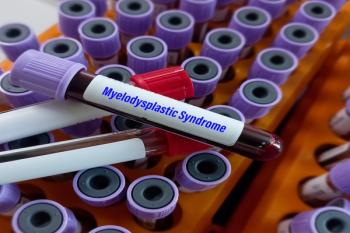
Patients with myelodysplastic syndromes (MDS) who undergo allogeneic hematopoietic stem cell transplantation (allo-HSCT) are older and face worse outcomes compared with non-MDS patients, according to posters presented at the 2024 American Society of Hematology meeting.

New data suggest venetoclax may offset the negative prognostic impact of short telomeres in patients with chronic lymphocytic leukemia (CLL).
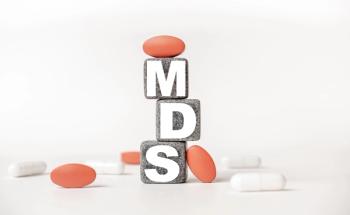
Two abstracts presented at the 2024 American Society of Hematology Annual Meeting & Exhibition provided insight into MDS response to hypomethylating agents (HMAs).

259 Prospect Plains Rd, Bldg H
Cranbury, NJ 08512
© 2025 MJH Life Sciences®
All rights reserved.
